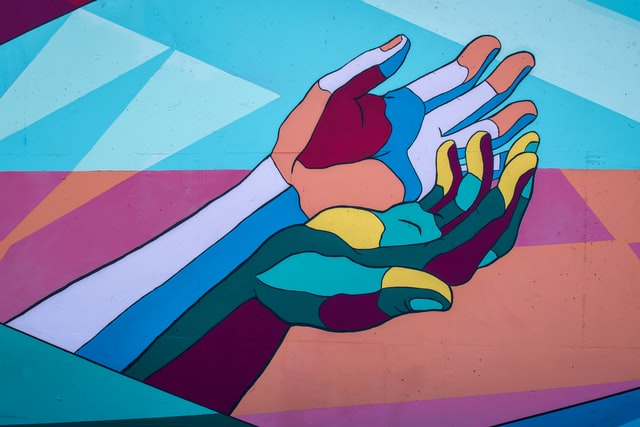But what’s harder to cope with is, for many, the fear that it’ll enter a personal circle, or the heavy knowledge that it already has. Mental wellness is a concern in the best of times – life’s responsibilities are enough, sometimes – but, now, people in every community are faced with not only infection risk but job losses or other financial strains, the lack of access to de-stressing amenities, isolation through social distancing or a too-crowded house with personalities growing anxious or testy, and so on.
It’s a lot of change at once, and it can toll. And while the municipal government crowd knows health, administratively, is more often in the purview of county and state government in North Carolina, mental health has certainly become a conversation for cities and towns as we plod the pandemic together. Ask any first-responder.
“In talking with law enforcement leaders across North Carolina, there has been no limit to the new challenges and questions that have emerged as first responders are serving our also overly stressed communities in this new and different world,” said Tom Anderson, a career law enforcement veteran and the League’s Director of Risk Control and Public Safety Risk Management.
National news reports suggest call volumes for police response have risen since the pandemic entered the U.S. and restrictions took effect. A New York Times headline on April 6 read: “A New Covid-19 Crisis: Domestic Abuse Rises Worldwide.”
A report from the Journal of the American Medical Association (JAMA) a few days later discussed an anecdotal, probable increase (as total numbers had yet to be prepared) in suicides related to the coronavirus’s effects. The report names economic strain, personal isolation and “national anxiety” (via overwhelming streams of COVID news and talks of a recession ahead) among other factors.
It’s a lot to consider, but JAMA and other voices suggest we keep our frontline workers, responders, and community residents in mind together.
From the municipal angle, “Police chiefs are currently facing leadership challenges and local issues unlike any time in our history and as we talk about mental health for the front-line employees, we must also keep our public safety leaders in the same conversations regarding mental health, wellness, and resiliency,” Anderson said.
In city, town and village halls, workplace mental health has also entered conversation, whether the employees are office-based or teleworking from home. The American Psychiatric Association says the basics – healthy eating, exercise time, good hygiene, full sleep and breaks from work – are as important as ever in keeping a balanced brain these days. The association advises human resources directors to keep employees’ anxiety in mind, recognize the effects of loneliness and encourage fun connections with group video chats.
That’s been key at this time, said Jackie Hampton, Town Clerk of Bolton. The town has used the Zoom video conferencing application like never before so parties can conduct business with distance between them. Hampton said the town’s government is actively keeping warm conversation going with the community, too. Officials are even checking in on residents just to say hello and see if they need anything.
“People appreciate it,” Hampton said. “We’re encouraging our citizens, especially our elderly population, that just because you’re in isolation doesn’t mean you have to be alone.
“Call somebody,” she said. “Let them know, ‘I’m thinking about ya.’ That’s what we do.”
In what JAMA calls a “silver lining,” the rates of individuals falling into the most desperate straits has historically declined for a period of time after national disasters in the U.S. (such as the 2001 terrorist attacks on the World Trade Center).
“One hypothesis is the so-called pulling-together effect, whereby individuals undergoing a shared experience might support one another, thus strengthening social connectedness,” said the April report. “Recent advancements in technology (eg, video conferencing) might facilitate pulling together. Epidemics and pandemics may also alter one’s views on health and mortality, making life more precious….”
This issue of Southern City takes a look at the challenges and new ideas keeping our communities strong together during these vision-blurring times.
Thanks to all of our municipal officials and community members contributing to this worldwide effort.














